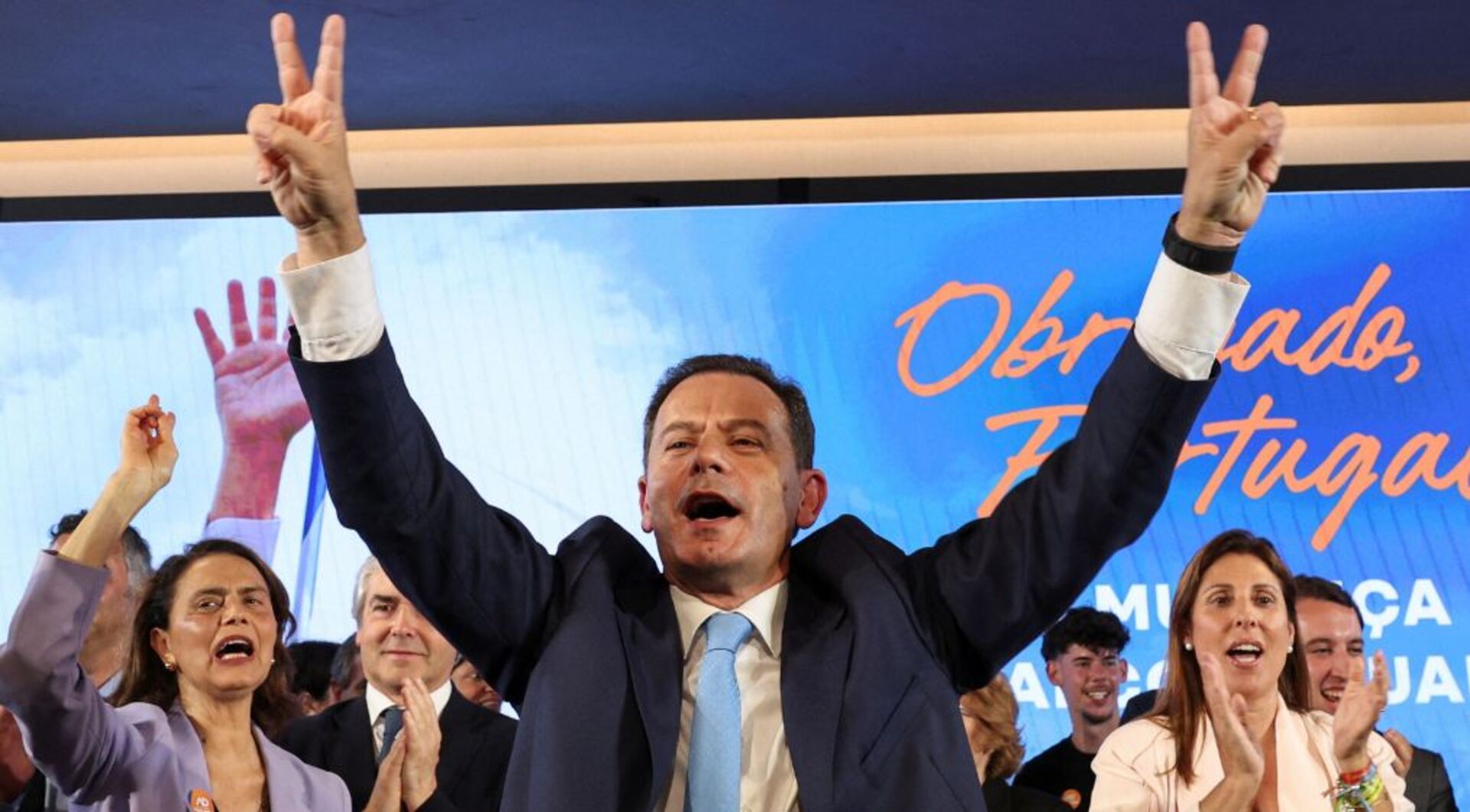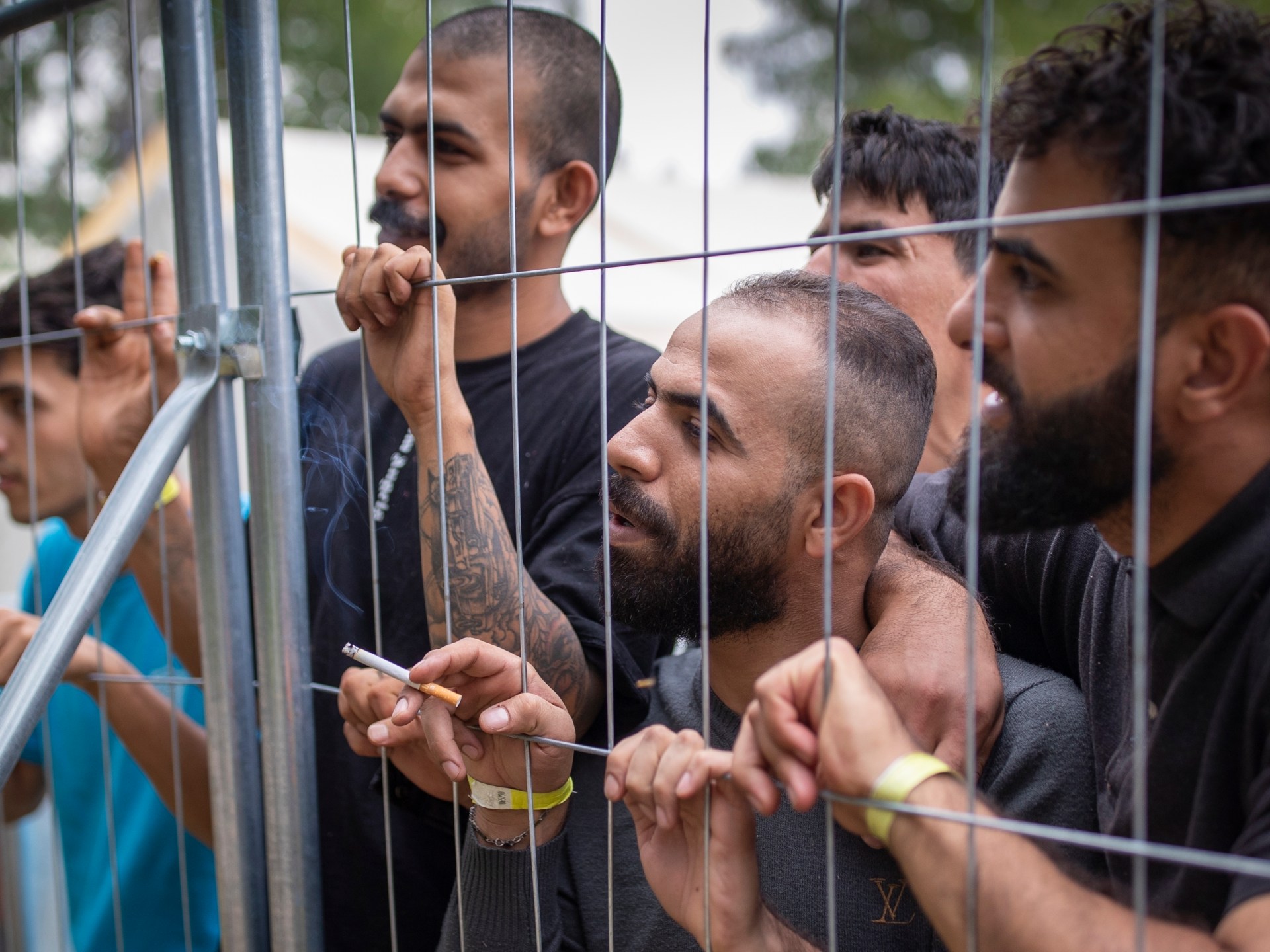Washington, DC – A measure known as the “nonprofit killer” has been removed from an enormous tax bill being advanced in the United States Congress, according to the bill posted online by the House of Representatives.
The provision, which no longer appeared on the President Donald Trump-backed “One Big, Beautiful Bill” on Monday, would have given the executive branch the authority to strip the tax-exempt status of nonprofits that it deems supportive of “terrorism”.
Advocates have warned that the legislative effort – which failed to pass as a stand-alone bill last year – could be abused to crack down on groups that the administration does not agree with, particularly nongovernmental organisations (NGOs) that support Palestinian rights.
Israel has given little indication that it is relenting after more than 19 months into its war on Gaza. The past week has seen an intensification of violence across the besieged Palestinian territory, which has killed hundreds of people.
The reason for the disappearance of the NGO provision remains unclear, and experts warned it may yet reappear in the bill before the final vote in the House, expected later in the week.
The office of Republican House Speaker Mike Johnson did not immediately respond to Al Jazeera’s request for comment.
With a razor-thin majority in the House, Republicans need every vote to pass the tax bill, which Trump has put at the top of his agenda in Congress.
Kia Hamadanchy, senior policy counsel with the American Civil Liberties Union, said the section may have been removed to avoid putting the must-pass bill at risk, especially because the House parliamentarian, a nonpartisan office that oversees procedures, may have rejected it for violating the rules.
“It’s possible that this is a hiccup that they didn’t want, given that it wasn’t even likely to go through,” Hamadanchy told Al Jazeera.
“I can’t tell you that is the reason for sure. What I can tell you is that we continue to be very vigilant in case it comes back, either later this week or in the future.”
For weeks, Trump has been calling on Congress to pass the bill, which extends his 2017 tax cuts, a key component of his economic plans.
But the proposal has faced some opposition from conservative budget hawks, who have argued it does not cut spending enough and would add to the nation’s $36.2 trillion debt. So Republicans can ill-afford unnecessary issues that could derail the passage of the legislation.
‘Chill free speech’
Rights groups have been rallying against the “nonprofit killer”, saying it violates free speech and the right to due process.
The proposal would have granted the secretary of state power to unilaterally declare an NGO “terrorist supporting” and make it ineligible for tax exemptions.
It also said the government would not have to reveal the reason behind the designation if “disclosure of such description would be inconsistent with national security or law enforcement interests”.
Under the current rules, organisations certified to be nonprofits by the government get breaks on their federal income taxes. The status also makes donations to such groups tax deductible for donors.
While the withdrawn measure would have allowed a targeted NGO to challenge the secretary of state’s decision in court, losing the tax exempt status, even if temporarily, could have proven costly for nonprofits, especially smaller organisations.
Hamadanchy said being accused of supporting terrorism could also have prompted banks to close down the accounts of the groups.
“And then you have legal costs fighting off the designation because even if you might win in court, it’s going to take time to get there, and it’s going to cause a lot of damage to your organisation through that process,” he said.
“And that’s sort of the point because they want to chill speech.”
Hamadanchy noted that existing laws already make material support for a designated “terrorist” group a criminal offence with severe penalties.
The legislative push coincided with the Trump administration’s crackdown on Palestinian rights supporters, especially on college campuses.
Secretary of State Marco Rubio has revoked the student visas of several Palestine advocates – who have not been charged with a criminal offence – over allegations of “support for terrorism”.
Some advocacy groups have portrayed the “nonprofit killer” as part of a broader push to muzzle voices critical of Israel.
“This bill is designed to silence dissent, especially from Muslim, Palestinian and civil rights organizations that speak out against injustice and genocide,” the Council on American Islamic Relations said in a statement last week.
“It threatens every nonprofit that engages in advocacy, educates the public, or challenges government policy.”
The apparent setback for the nonprofit provision came nearly two weeks after House leaders cancelled a vote on a bill to restrict boycotts of Israel after a backlash from right-wing legislators who voiced opposition to the measure on free speech grounds.
Lara Friedman, president of the Foundation for Middle East Peace, said it would be “interesting” to see how Republican leaders would deal with staunchly pro-Israel measures like the “nonprofit killer” going forward.





